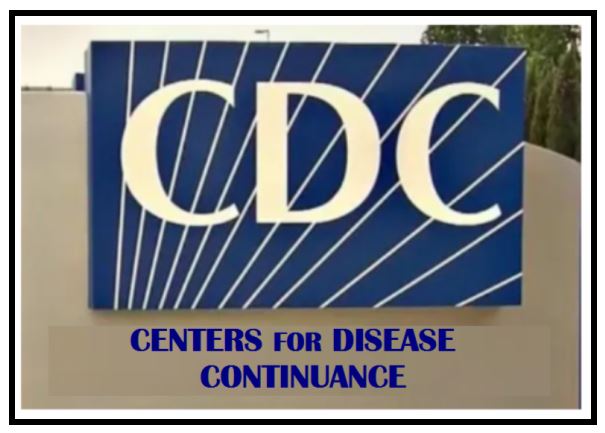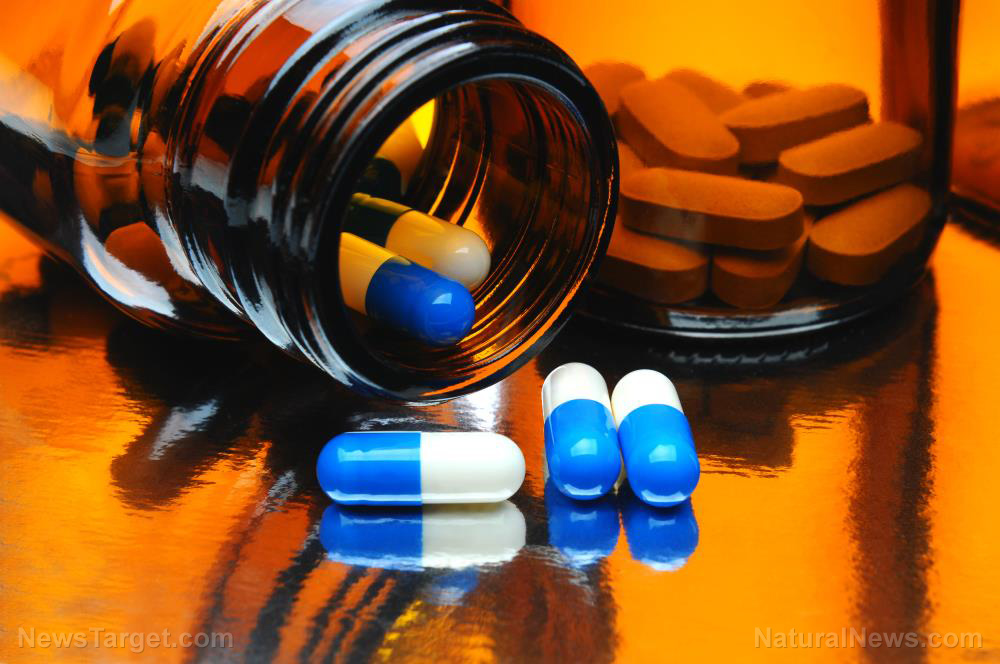Unlocking the secrets of natural medicine: A deep dive into "The Natural Pharmacy"
- "The Natural Pharmacy" provides evidence-based natural remedies for conditions ranging from acne to Alzheimer's, combining scientific research with practical advice for holistic health management.
- Zinc (30 mg daily) may reduce acne severity, while vitamin B6 (50 mg) addresses premenstrual flare-ups. For alcohol detox, vitamin B3 (niacin) and glutamine aid metabolism and reduce cravings—though professional treatment remains essential.
- Food allergies may worsen acne, arthritis and asthma. Hypoallergenic diets or nutrient adjustments (e.g., vitamin B6 for asthmatics) can alleviate symptoms.
- Phosphatidylserine (100 mg 3x daily) and vitamin E (2,000 IU daily) may slow Alzheimer’s progression. For angina, carnitine (1-3 grams daily) and coenzyme Q10 improve heart function.
- Magnesium (200-300 mg 2-3x daily) eases mild anxiety; kava rivals benzodiazepines for short-term relief. Asthmatics benefitted from vegan diets, vitamin B6 (200 mg daily) and ginkgo extracts.
In an era where health-conscious individuals are increasingly seeking alternatives to conventional medicine, "
The Natural Pharmacy: Complete Home Reference to Natural Medicine" emerges as a beacon of knowledge. This comprehensive guide, authored by Schuyler W. Lininger, Alan Gaby, Steve Austin, Donald J. Brown and Jonathan Wright, offers a treasure trove of insights into natural remedies for a wide array of health conditions. From acne to Alzheimer's, the book provides scientifically-backed advice on how natural approaches can complement traditional treatments.
Acne, a common skin condition that affects millions, is often mistakenly attributed to diet. Contrary to popular belief, there is scant scientific evidence linking specific foods, such as chocolate, to acne. However, the book highlights the potential benefits of zinc supplements. Studies suggest that taking 30 mg of zinc two or three times daily for several months, followed by a daily dose of 30 mg, can significantly reduce acne severity. For those experiencing premenstrual flare-ups, vitamin B6 at 50 mg daily may offer relief.
The book emphasizes that while natural approaches can aid in alcohol detoxification, they should never replace professional treatment centers or support groups like Alcoholics Anonymous. Nonetheless, certain supplements may provide support during the detox process. Vitamin B3, or niacin, is crucial for metabolizing alcohol and has shown therapeutic benefits in some studies. Activated vitamin B3, administered intravenously, has even helped some individuals quit drinking. Additionally, the amino acid glutamine has been found to reduce alcohol intake and alleviate anxiety.
Allergies and sensitivities are another area where natural medicine offers promising solutions. The book discusses how allergies can exacerbate conditions such as acne, arthritis, asthma and urinary tract infections. For instance, some doctors believe that food allergies might contribute to adult acne. For those with rheumatoid arthritis, avoiding allergenic foods can lead to significant improvements. A hypoallergenic diet has also been reported to benefit individuals with asthma and allergic rhinitis.
In the realm of brain health, "The Natural Pharmacy" offers hope for those affected by Alzheimer's disease. Phosphatidylserine, a compound found in the brain, has been shown to enhance mental function in Alzheimer's patients when taken at 100 mg three times daily. Large doses of vitamin E, around 2,000 IU per day, may slow the disease's progression. Ginkgo biloba extract, a popular herbal remedy in Europe, has been associated with improved memory and quality of life in early-stage Alzheimer's patients.
For individuals suffering from angina, the book suggests several natural supplements that may alleviate symptoms. Carnitine, an amino acid vital for heart function, has been shown to improve heart function and reduce symptoms when taken at one gram two to three times daily. Coenzyme Q10, another heart-friendly supplement, has been found to increase exercise tolerance in angina patients. Hawthorn extracts, known for their ability to support early-stage congestive heart failure, can increase blood flow to the heart and strengthen heart contractions.
Anxiety, a prevalent issue in today's fast-paced world, is also addressed in the book. For mild anxiety, magnesium may offer relaxation, with a recommended dose of 200-300 mg two to three times daily. Inositol has been used to help with panic attacks, with some studies suggesting that up to four grams three times daily can be effective. Kava, a botanical remedy, has been validated for its effectiveness in treating anxiety, with some studies indicating it is as effective as benzodiazepines over a six-week period.
Asthma sufferers may find relief through natural approaches as well. The book mentions that a vegan diet combined with specific dietary changes and herbs and supplements led to significant improvement in a group of asthmatics. Vitamin B6 deficiency is common in asthmatics, and supplementing with 200 mg per day has been shown to reduce the severity of the illness. Ginkgo extracts, known for their ability to block platelet-activating factor, have been considered a potential therapy for asthma.
"The Natural Pharmacy" is a comprehensive guide that empowers readers to explore natural alternatives for various health conditions. While natural remedies can be powerful allies in a individual’s health journey, it is crucial to consult with a healthcare professional before making any significant changes to one's regimen. This book serves as an invaluable resource for those seeking to integrate natural medicine into their lives, offering evidence-based insights and practical advice.
Watch this video about Schuyler W. Lininger, Alan Gaby, Steve Austin, Donald J. Brown and Jonathan Wright's book "The Natural Pharmacy: Complete Home Reference to Natural Medicine"
 Parler
Parler Gab
Gab










